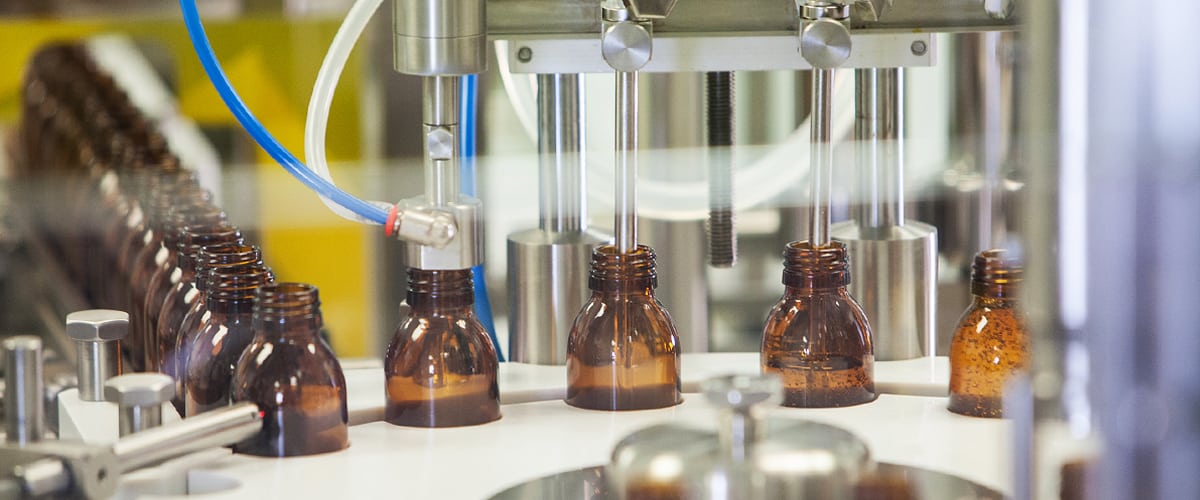New Hope for Epilepsy Patients
The FDA approves the first drug derived from marijuana to treat rare conditions that begin in childhood.

The medicinal value of marijuana, debated for decades, is now accepted in 30 states and Washington, D.C., which have laws that allow the use of marijuana for qualifying conditions such as cancer, amyotrophic lateral sclerosis (ALS), Crohn’s disease, and HIV/AIDS, with varying restrictions.
Now, the U.S. Food and Drug Administration has approved the first marijuana-derived prescription drug available in the United States. The medication, called Epidiolex (cannabidiol), was approved for the treatment of seizures for two severe forms of epilepsy in patients 2 years and older.
“It’s exciting news in the epilepsy world,” says Dr. Padmaja Kandula, director of the Epilepsy Center at Weill Cornell Medicine, where she is also an assistant professor of clinical neurology, and a neurologist at NewYork-Presbyterian/Weill Cornell Medical Center. “This drug is an important new tool to treat these patients who are often devastated by their illness.”
Dr. Kandula spoke to Health Matters about Epidiolex and what its approval could mean for medical uses of marijuana in the future.
What is Epidiolex?
Epidiolex is a strawberry flavored, oral liquid medication taken twice daily that has been proven to help reduce the frequency of seizures in people suffering from two rare, severe forms of epilepsy: Lennox-Gastaut syndrome and Dravet syndrome. The drug comes directly from the cannabis sativa, or marijuana, plant itself. It is a highly purified liquid formulation of a component of the plant called cannabidiol, or CBD. It does not have any of the psychoactive properties of marijuana.
How does it work?
Preclinical data suggests that there’s an interaction between cannabidiol and brain receptors that produces an anti-seizure effect. Seizures can come from the temporal lobe, and these brain receptors might be in higher concentration in the area called the hippocampus, a very small area deep inside the temporal lobe. Some studies have shown that there is a higher density of brain receptors that specifically respond to cannabidiol in people with injured hippocampi, suggesting a possible reason for the effectiveness of CBD therapies in people with epilepsy.
There may also be what we call an additive, or synergistic, effect when combined with other medications. Cannabidiol inhibits a process in the liver that breaks down other, traditional anti-seizure medications. So, when you include cannabidiol and other anti-convulsant regimens, it may increase the levels of other seizure medications, perhaps making them more effective.
How will this new drug help children with these severe forms of epilepsy?
Dravet and Lennox-Gastaut are childhood epilepsy syndromes that are tough to treat. Many of these patients have weekly or daily clusters of seizures, and some have “drop seizures,” when they just suddenly drop without warning, creating a high chance of injury. Many of these kids have to wear helmets for this reason.
These conditions impact their ability to do basic daily activities like bathing, feeding, and dressing. There’s also a social stigma. They have to have additional equipment that other children don’t have. So, if there is a reduction in seizures, this may help impact other outcomes, such as better motor and neurologic development.
Does the new medication have side effects?
It’s a little early to know the long-term implications of cannabidiol. Side effects from the studies have shown an elevation in liver enzymes that stopped once the medication was removed, and other mild reactions such as fatigue or decrease of appetite. In the short term, it seems both effective for reducing seizures and relatively safe.
Are there any current medications that are effective?
There are several treatments that work to reduce the frequency of seizures, but there’s no one drug that has proven to be highly effective. Most children with this condition are what we call medication resistant and continue to have seizures.

Dr. Padmaja Kandula
Some parents already give their children cannabidiol products. Is this drug safer than other medical marijuana products?
Epidiolex is FDA approved, so you know what you’re getting with the product. When you’re trying to treat a difficult disorder that has intermittent symptoms like epilepsy, you need a drug that has consistency. With a lot of these cannabis oils you get online or even medical marijuana you get from dispensaries, there are uncertain doses and formulations. With Epidiolex, we know the amount of CBD. What’s more, there’s also no insurance coverage of substances that aren’t FDA approved.
Are there any approved medications from man-made, synthetic marijuana products?
There are several medications made from synthetic, factory-made versions of marijuana substances that the FDA has approved, mainly for treating nausea and vomiting from cancer chemotherapy and for loss of appetite or anorexia from AIDS.
What are the broader implications of the FDA’s approval for this medication?
The approval of Epidiolex gives legitimacy to the effectiveness of this particular substance. It’s exciting that we have scientific backing. I think this will be a springboard to start investigations of less acute conditions and more chronic conditions, and that there will be a lot of interest from physicians who want to advocate for studying CBD in other populations.
I think it could be helpful in multiple syndromes, such as MS spasticity, neuropathic pain (pain caused by damaged nerves), chemotherapy-induced nausea, or other syndromes that we haven’t even explored, so the future is exciting. Researchers are studying marijuana and its extracts for a variety of conditions and are also testing whether medical marijuana reduces opioid use among adults with chronic pain. We’re looking forward to other approvals and the potential treatment of more chronic patients.
Dr. Padmaja Kandula is the director of the Epilepsy Center at Weill Cornell Medicine and a neurologist at NewYork-Presbyterian/Weill Cornell Medical Center. Learn more about the center.
Photo courtesy: GW Pharmaceuticals/Greenwich Biosciences
